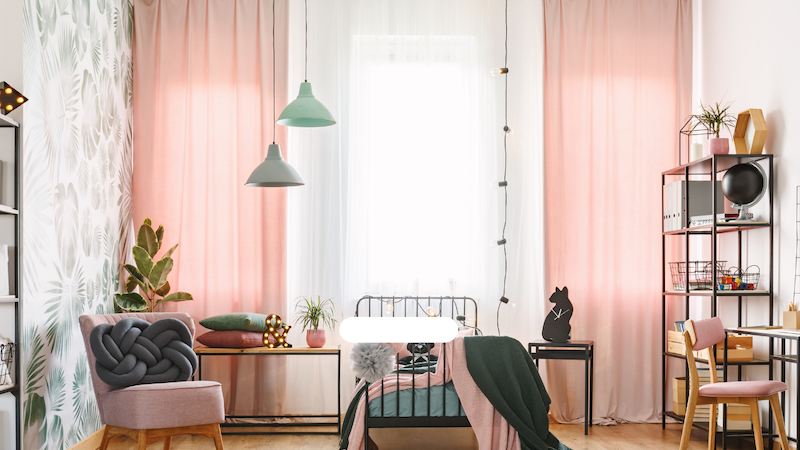Helping Children Who Struggle With Clutter
When does a messy bedroom, become a clutter issue?
When does a messy bedroom, become a clutter issue?
I recall the headmaster of my son’s school talking about the challenge of the teenage years.
“When it comes to your child’s bedroom, parents, my only advice is to keep that door closed at all times”, he said in his low headmaster tone.
This is definitely one strategy, but not necessarily that helpful in your child’s development.
As you battle to help your kids keep their space tidy, it can feel like shovelling snow during a snowstorm.
No matter how often you tidy up, it’s back to where it started before you know it.
But is it simply a case of an untidy bedroom, or are your kids forming unhelpful clutter habits?
You might think that children pick up their clutter habits from their parents, but it’s not always the case. In fact, we know it can be the opposite, with some children rebelling against the clutter-gathering habits of their parents and opting for extreme minimalism/tidiness.
Traumatic childhood experiences and neurodiversity can play a part in the likelihood of clutter becoming an issue for children, but not always.
So how do you deal with it?
When you are in the thick of the day-to-day, facing your child’s messy space, it can be too tempting to get in there and start chucking things out.
For some children, this approach could be extremely traumatic and make them even more fearful of letting things go in the future.
You know how your child always seems to behave better at other people’s houses, well it can be similar to clutter.
It can be tricky for a parent to convince their child to part with their belongings.
Sometimes getting someone else, a professional organiser, perhaps a family friend or a grandparent, to work with them can help.

Helping your child to respect their environment is arming them with great life skills!
Tips To Successfully Decluttering With Your Children
Set clear expectations: Explain to your child the rules and expectations you have for keeping their space tidy and organised, like tidying away at bedtime.
Involve them in decluttering: Don’t just do it for them. Being involved will help to build ownership and responsibility and teach them valuable skills.
Teach them how to organise their belongings: Talk to them about creating and categorising different zones. Give them the tools (the tubs, the containers, labels) to help them do this.
Create a routine: Establish a routine for cleaning up and organising, such as putting away toys after playtime or making their bed in the morning. Have set times of the year when everyone does a declutter (like at the end of a school term).
Have a donation box: Place a box for donations in their wardrobe, and ask them to put things that no longer fit or that they don’t play with anymore.
Rewards: Link their chores to pocket money or give positive reinforcement when they have kept things tidy & clean.
Be a role model: lead by example by keeping your space uncluttered, tidy and organised.
Donation: Talk to them about being grateful for what they have and the value of donating things they don’t use to those less fortunate.
Patience: Don’t get angry with them if they don’t always keep on track, remind them again of the expectations and the benefits of keeping things tidy & organised (like being able to find their things when they need them).
Ownership: As tempting as it can be, try hard not to do everything for them. Kids need to take ownership and responsibility for organising and maintaining their things.
They do need to understand and feel the consequences of being disorganised.
This might mean letting them go to school having forgotten something or letting them get frustrated when they can’t find something.
That’s how they learn.
Kids can do a lot for themselves from a young age. It gives them a sense of achievement and independence with the added bonus of making life much easier for you too.
Giving your child the understanding and experience to manage and respect their space teaches them valuable life skills.
Being able to sort between what’s important and what’s not can be applied to many areas of life.
It enables them to focus on the things that matter and build the habits that determine their success in achieving their goals, ultimately giving them more satisfaction in life.
Practising gratitude for all you have and recognising that others may not be as fortunate is also important for children to grow up with a conscience.
If you feel overwhelmed by all the possessions in your home or want to get more organised, we’d love to hear from you.
The systems that we put in place make day-to-day living easier.
They are easy to maintain and look amazing too, motivating you to keep on top of your clutter in the future.
Our team is empathetic, non-judgemental and super motivated to deliver the best outcome for you and your family.
Read our reviews 📣 if you’d like to hear about the transformations our customers have experienced.
We’d love to help you curate your home and life.

